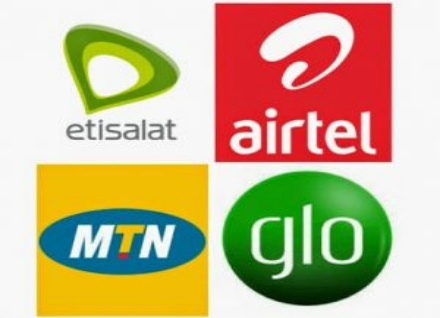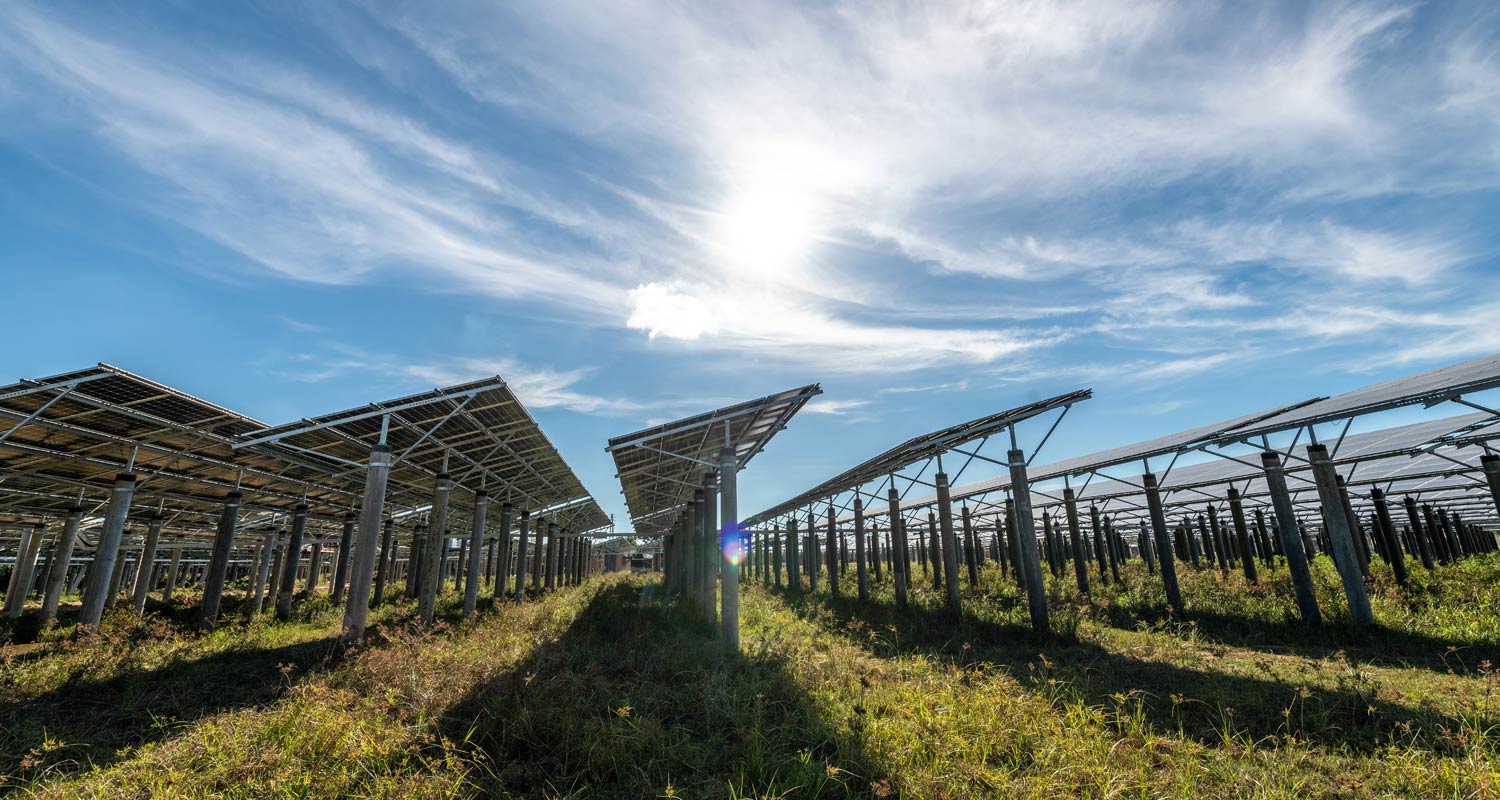South Africa is in the middle of a deep electricity crisis. In 2023, the public, many of whom are voters, experienced the worst loadshedding to date, losing power for an average of five hours a day.
The power shortages were largely due to excessive breakdowns in the country's coal power plant fleet, which generates over 80% of South Africa's electricity, combined with delays in developing new generation capacity.
The power crisis is a key election topic with national elections scheduled for 29 May. The ANC is tipped to lose its absolute majority in parliament. One reason for the ANC's drop in support is that it did not act on early warnings that electricity supply would drop to critical levels. In recent times, the ANC led government tried to fix this by removing constraints to private electricity generation and appointing a dedicated electricity minister. But the situation had deteriorated beyond the point where these steps could fix the problem.
Given the ANC government's failure to end the energy crisis, opposition parties' fortunes will be boosted on election day if they offer credible and effective alternatives to load shedding. However, despite confident-sounding sales pitches, there are neither quick nor cheap solutions, which are what the public is looking for.
In the last general elections in 2019, the three parties that received the highest number of votes devoted an average of just 2% (measured in pages) of their election manifestos to electricity. These were the ANC, the Democratic Alliance and the Economic Freedom Fighters. In the current election campaign, the major parties have devoted up to 10% of their manifesto to this topic. They have covered the topics of electricity and incentive mechanisms, potential business or job generation spin-offs, and possible devolution and private investment options.
However, none has put time frames to their electricity proposals. What is also largely missing from the manifestos is an evaluation of the costs of rolling out new forms of energy, which could lead to budget cuts in other areas like health and policing. There is also little indication that parties favour certain types of energy based on their cost and affordability.
UnbundlingThis is a key theme of the manifestos. The DA and other parties that present themselves as "pro-business", such as Action South Africa and Build One South Africa , believe that large scale privatisation of electricity will automatically lead to the end of power cuts. Their argument amounts to an ideological view that free market systems are more effective than state monopolies.
READ: South Africa's next big energy challenge: a R390-billion grid upgradeThis includes allowing municipalities more room to drive their own electricity generation. In its manifesto, the DA is canvassing on the basis of projects already initiated in municipalities that they govern - for example, Cape Town, where in line with international trends energy is fed into the grid by privately owned solar systems.
President Cyril Ramaphosa and some advisory bodies have been quite enthusiastic about a boom in wind and solar energy. But Gwede Mantashe, the minister responsible for energy planning, has been a vocal promoter of coal, gas and nuclear power, while sounding sceptical of renewables . This standpoint is also reflected in his recently released and much-criticised draft Integrated Resource Plan for electricity.
The ANC election manifesto is most closely aligned with the presidential vision. It highlights industrial growth and job opportunities linked to renewable power, such as developing a green hydrogen sector. There is only one short entry that states that the ruling party intends to "develop gas, nuclear and hydro power projects".
A smaller party that has its base in the Western Cape province, where solar and wind conditions are also favourable, is Good. Along with the DA, it favours the idea that new generating capacity should mainly come from wind and solar.
While promoting a "mix" of energy sources, the EFF sees coal and nuclear as "core" energy generating technologies. Its very long manifesto goes as far as saying that the nuclear plant construction should be established in co-operation with Russia. This is a provocative position to take, given that former President Jacob Zuma made a failed bid when he was in office for a massive new nuclear build by Russia.
Another controversial technology specifically advocated by the EFF is so-called "clean" coal. This is produced when relatively costly technological improvements are made to a power plant that would partly lower, but not eliminate, carbon emissions.
- The author, Hartmut Winkler, is professor of physics, University of Johannesburg
- ' This article is republished from The Conversation under a Creative Commons licence








